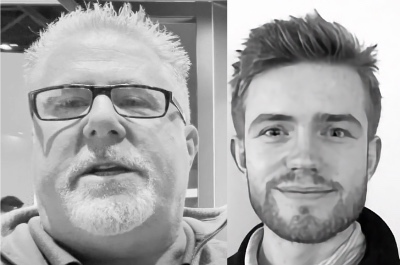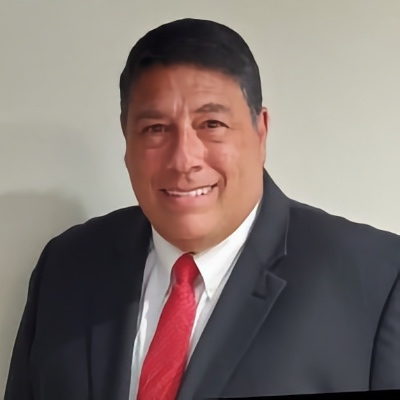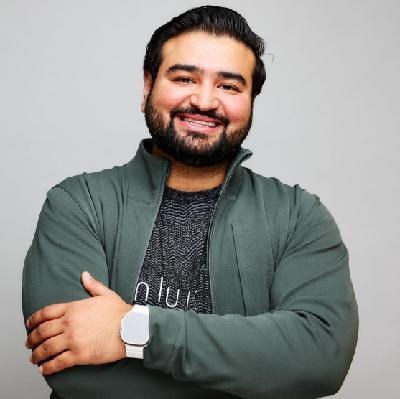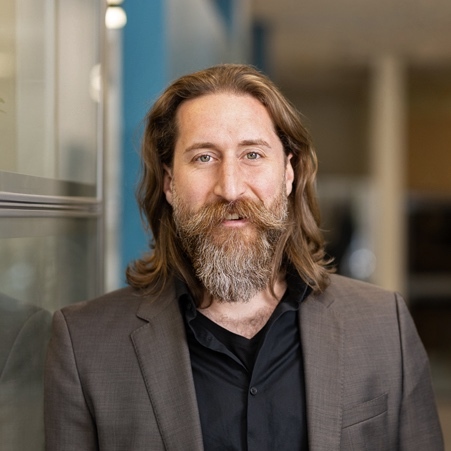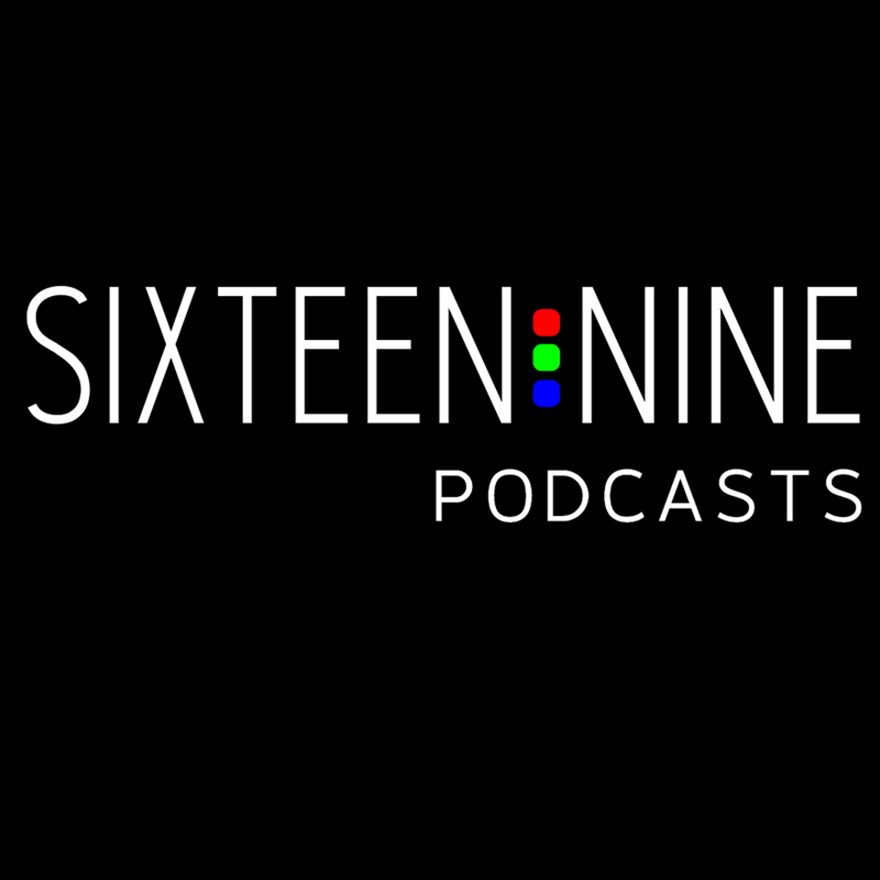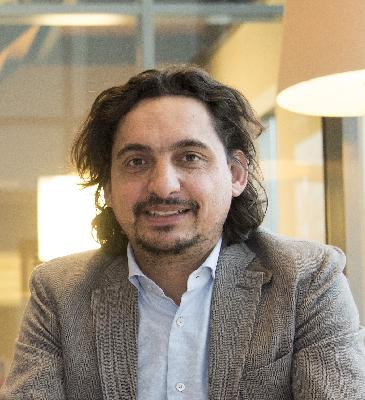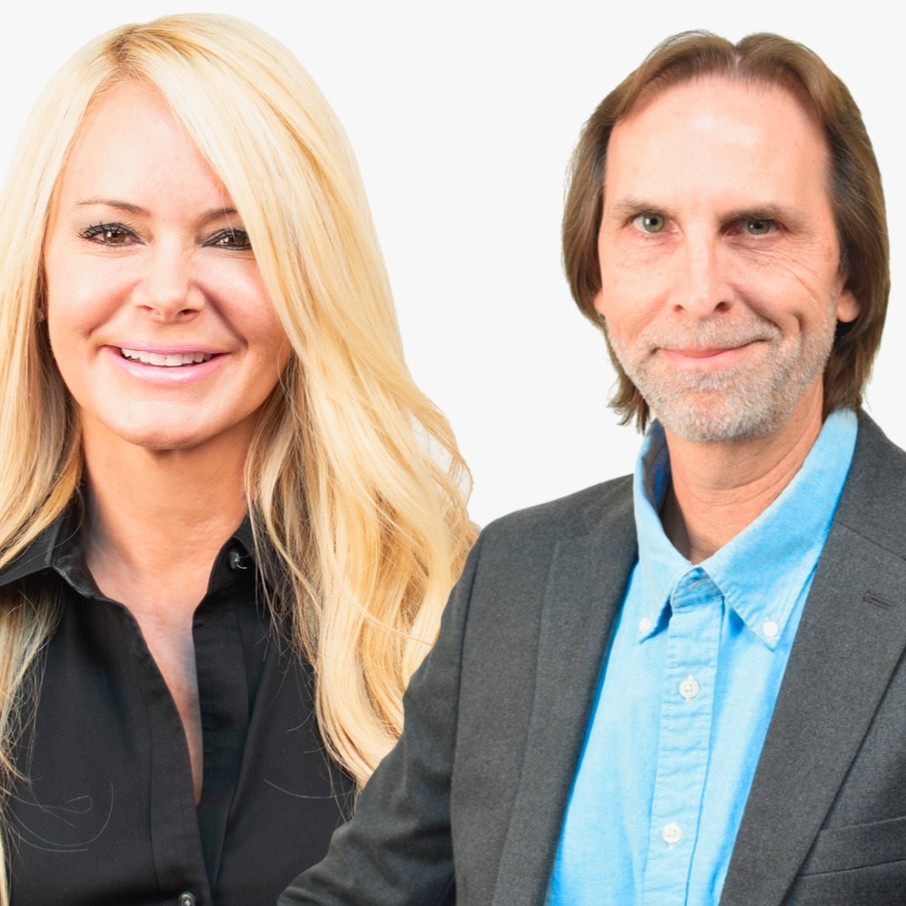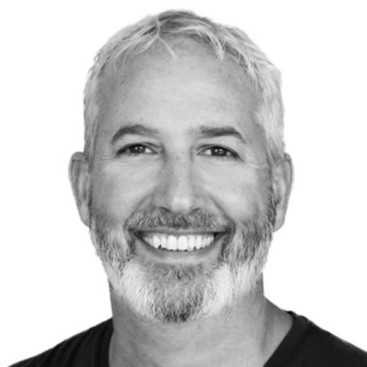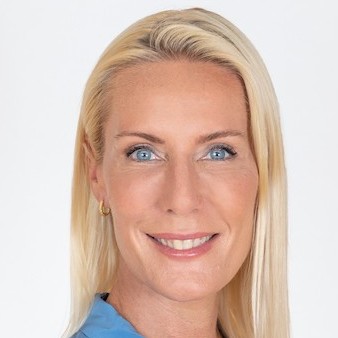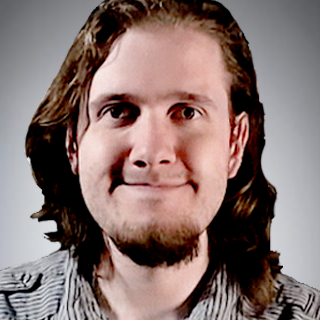Dave Haynes - The Exit Interview With Invidis
Description
The 16:9 PODCAST IS SPONSORED BY SCREENFEED – DIGITAL SIGNAGE CONTENT
This podcast is a bit different, as I am on the other side of the interview table - answering questions instead of asking them.
That's because this is the last Sixteen:Nine podcast with me as the host. I've been doing Sixteen:Nine for almost 20 years, and the podcast version for the last nine. I'm retiring. I'm 67 and it is time to slow the hell down.
I'm not leaving the industry, entirely. Just dialing back to a few side hustle gigs and other work, working more when the weather gets cold in my part of the world and I'm looking for distractions and extra money that will get Joy and I away from that cold weather for a bit.
Think of this as my exit interview, done with my friends in Munich at invidis, who have been longtime content partners and will now edit and manage Sixteen:Nine. This makes me happy, as I didn't want to just stop what I think is a valued part of this business.
Subscribe from wherever you pick up new podcasts.
TRANSCRIPT
Balthasar Mayer: Welcome to the Sixteen:Nine podcast. This is Balthasar Mayer.
Antonia Hamberger: This is Antonia Hamberger.
Balthasar Mayer: We have a very special guest today. He is the bullshit filter of the digital signage industry. He's the head, heart, and driving force behind Sixteen:Nine, one of the rare people who manages to produce a trade publication that makes you laugh and gives you something to learn at the same time.
He also keeps the digital signage industry with his beloved industry mixes at trade shows, and he's never afraid to cut through marketing fluff and speak his mind and now he's retiring, and we are very happy to have him here on the podcast. Welcome, Dave Haynes. Thank you.
Dave Haynes: Yes, I was joking. This is the exit interview. It's like leaving a company.
Antonia Hamberger: It is the exit interview, and we were thinking about just turning things around. Your blog is called Sixteen:Nine, and we're now doing the Nine:Sixteen edition. You'll get nine questions where we just let you ramble on a bit about your career, and then you'll get sixteen questions where you'll give us rapid-fire answers.
Dave Haynes: Alright, I'm drinking Vice beer because I'm in Munich so this could get salty by the end of it.
Balthasar Mayer: That is our goal to make it salty, and interesting at the same time.
Antonia Hamberger: Dave, you've been doing this blog for 20 years. You've been in the industry for even longer than that. So I guess I'm wondering what made you go into digital signage? How did this happen in the first place?
Dave Haynes: I was in the newspaper industry. I was a daily newspaper reporter. I started in 1979 at the Winnipeg Free Press, and my first job out of school, working for a newspaper, was covering the rock music scene. So my first three years in the newspaper, I was interviewing rock bands like Billy Joel, Ozzy Osbourne, you name it, back in the early 80s, late 70s, just about anybody who was big at that time. I did an interview with them, which was quite interesting. At times, you would get lovely people and sometimes you'd get absolute a-holes, and everything in between.
Antonia Hamberger: Probably also a lot of drunk people, drunk rock stars?
Dave Haynes: Ozzy definitely was impaired, and Billy Joel, he stopped in Winnipeg on the first stop on his North American tour back in 1981 or something and he was just off a plane from New York, he and his band, and they had a press event at a Holiday Inn in Winnipeg, and he was very tipsy. He'd been having cocktails all the way from New York. So that was pretty interesting. I've had a number of those kinds of interviews.
So anyways, then I continued in newspapers for several years, became an editor, and got bored with being an editor in a market where not a lot of bad things happened, and as a journalist, you're not praying for bad things to happen, but they're much more interesting to write about than calm, stable situation.
When the newspaper started talking about doing new media, getting into digital, I stuck my hand up and said, I'll do it. So I took the newspaper online in 1995, one of the first North American papers to go online, and did that for four years and reported directly to the publisher and nobody on the executive team, including the publisher, bought into my concerns that this was going to be a problem for newspapers. They just tended to think this was a passing fancy. It wasn't really gonna happen. So, I just got frustrated and left and weirdly went to work for a company called Elevator News Network that was putting digital screens, LCD panels in elevators, office tower elevators in 1999. Very complicated, very expensive.
I started out as the GM for Western Canada, but pretty quickly became Vice President of Operations for the whole show. So I was putting screens in 70-story office towers in the elevator shops, in the shafts, and running all the cabling in the elevator shafts, and very expensive, very complicated, and very frustrating because you're dealing with unionized labor. With elevator companies, where they wanted to charge you $250 to stand there and watch you, that sort of thing. So I did that. There was a shotgun merger with another company in the US that was doing that, and I walked off the plank with the rest of the Canadian management team and found myself looking around, going, okay, now what do I do? And I ended up starting my own digital out-of-home media company, putting screens in. Public walkways in the underground walkways at downtown Toronto which was a great idea, but probably ten years too early because I would go to advertising agencies and say, I'm doing this, and they would look at me like… What?
Digital out-of-home was just not a thing back then. So I was the dreaded pioneer lying in a field with arrows in my back, having done that. So I didn't make a lot of money out of that, and my wife, bless her, said it would be great if we had an income. So I started working for what is now known as ComQi. At the time, it was called Digital View, and then it became EnQi, and then it became ComQi, and I was a business development person. So I was doing sales and looking around going, how did a guy who used to interview Rock bands become a sales guy for a software company?
But I did that and went over to Broadsign because they offered me more money and then the Great Recession hit in 2008-2009, and that was that was it for salespeople. That company, Broadsign, ran into deep problems at that point. They totally rose back up like a phoenix, and they are a powerhouse now, but at the time, they were in trouble.
So that was 2009, and I decided, okay, do I wanna work for somebody else or do what am I gonna do? And I just decided to go out on my own and start just doing writing and some consulting, things like that. But early on, when I was still with Digital View, I decided to just look at the industry and the level of “thought leadership” that was available at the time. It wasn't very good. A lot of it was just nonsensical or badly written, and I thought, okay, I understand this space at this point. I've been doing it for seven years. I know how to write. So I just, for the hell of it, I just started Sixteen:Nine, and never thought that this would be something that would define my career, my later-stage career for many years, and be like a full-time job, and generate real money. So it just happened.
Antonia Hamberger: But we're all glad it took that turn for you, Dave, because I don't think anybody would take you for a good salesperson. I think you're much better off as an editor and publisher. Because you would just say the truth and would probably offend a lot of people.
Dave Haynes: That was one of my problems when I was doing business development. If we lost a deal, if I could understand why the target company went in a different direction, I would be fine with it, and I think to be a really good business development person or “salesperson”, you've gotta just want to be a killer. You just wanna win every deal, and it doesn't matter whether you're the right solution, you just wanna win the deal and my mind doesn't work that way. I probably wasn't best suited to it.
Balthasar Mayer: So just to understand, you founded Sixteen:Nine in 2006, and then you went full-time on it in 2009?
Dave Haynes: I wouldn't say by 2009, I was full-time, but I liked doing it every day. But it wasn't necessarily my main thing. It was just something that I'd been doing, and I kept on doing it because I felt, so I had, at that point, I had a following, and it felt something of an obligation to do it.
In the first few years, I would have a Google ad on there, and every quarter, I would get like $37 or something from Google ads. But then I started getting questions saying, “Hey, can we advertise on this?” And so I would just get inbound, and that just built up and built up to become inbound. It took a while, but it was all inbound as opposed to me shaking trees. It took a while, and it was like making real money, and it was something that would be a proper income for me. At which point, I was able to back off doing much in the way of consulting or writing for hire and just mostly do Sixteen:Nine.
Antonia Hamberger: For somebody who's been in the industry only a few years, I'm wondering what the industry was like when you first came into it, and what you hoped to contribute?
Dave Haynes: It was very embryonic. A few people understood it. When people would ask what I did, and I would tell them digita







